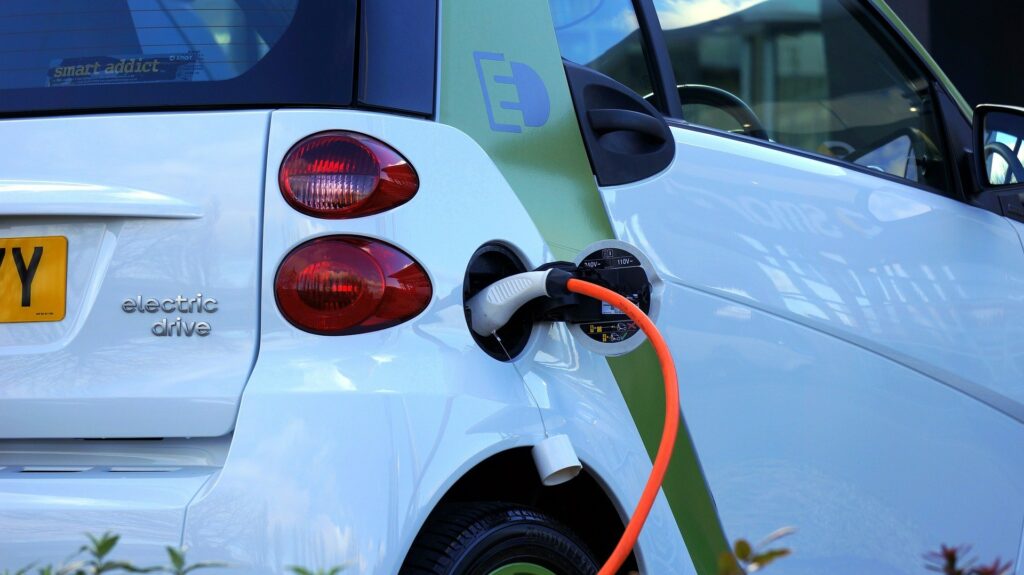BT Group has launched its electric vehicle (EV) charging infrastructure scheme aiming to convert 60,000 street cabinets into EV chargers.
The broadband and mobile services provider plans to tackle the national shortfall in EV charging infrastructure by retrofitting roadside telecom cabinets.
The first EV charging point will be located in East Lothian, Scotland, and is due to go live in the next few weeks with other stations following in the coming months, BT confirmed.
Specifically, BT will install the cabinets with a device that allows renewable energy to be shared to a chargepoint alongside the existing broadband service without needing to create a new power connection.
This project coincides with a nationwide full fibre rollout, which recycles old broadband equipment once it is no longer needed and will now install additional chargepoints along the way.
UK EV charging infrastructure going private – why?
The scheme is partially the result of research BT Group recently conducted, which revealed that 60% of people think the UK’s EV charging infrastructure is inadequate, with 78% of petrol and diesel drivers saying not being able to conveniently charge an EV is a barrier to getting one.
These results are not very surprising, especially following a recent RAC study which reported that the government’s target of at least six rapid or ultra-rapid chargepoints installed at every motorway service area in England by the close of 2023 was missed by 61%.
There has been a consistent history of the UK falling short with charging infrastructure in relation to the growing number of EVs on British roads.
For example, the Society of Motor Manufacturers and Traders (SMMT) reported battery electric vehicles (BEV) made up one in six of new car registrations in 2023, but the charging infrastructure to support these vehicles has yet to fully materialise.
Dunstan Power, director of electric vehicle charging design consultancy, Versinetic, said: “This project, though commendable, underscores the need for more direct and substantial action from governmental bodies.
“The reliance on private sector ingenuity to fill gaps in the charging infrastructure, while valuable, should not overshadow the government’s role in spearheading and accelerating the development of such essential services.”





